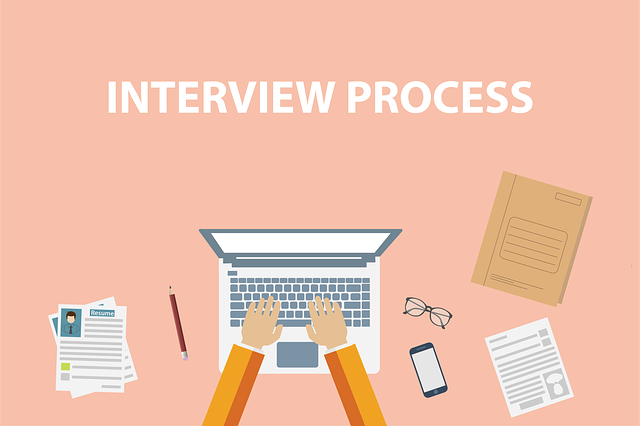How to prepare for an interview
Training before the interview is a great way to a triumphant interview for those involved in it. However, you should know what you want before applying for a job post. Some of the things that you must look out for before applying for any job are if the job best matches your skills, interests, and background then a deep breath.
Evaluate yourself and your skills if you best match the job, or else it would be very difficult and annoying to go for an interview that does not match your line of interest. This can be frustrating in most cases.
Therefore, know what best sells you and your relevant job experience. Once you are able to focus on it and the position you are interested in then you can apply. Nevertheless, do research on the job description and company for extensive information, as this will guide you for the interview.
Study The Job Descriptions
Study more about alike job descriptions in other organizations. The research and the information that you have will be as a key to a door. This will prove to the interviewer about your interest in the field.
Get Set
How to prepare for an interview, things that you need to work on when going for an interview, your body posture, eye contact, and voice quality are some other features that need to be attended to. Nevertheless, you have to monitor along with fluency in communication.
Furthermore, be well-mannered because what employers need is your attitude, skills and knowledge. Listen to the interviewer’s questions carefully before answering them. Your skills and knowledge are vital these are what the interviewer is on the lookout for in an interview.
Key Point for an Interview
- Examine the job post you are applying for
- Look at the job descriptions and skills required.
- Examine your skill set
- Remember past or recent circumstances that show positive performance in line with the job description.
- Trace such state of affairs and your actions and re-write the result.
- Be certain that all stories have a beginning middle and end.
- Must be with an outcome/result.
- Be honest don’t exaggerate
- Don’t mix up with multi-events be specific and stick to one event.
The Second Round of Interviews
In most cases, employers always schedule two phases of interviews, and candidates are often asked to face the second round of interviews with the same set of interviewers or with a new set of interviewers.
What to Lookout for in An Interview
- Do more research about employers and the job industry
- Get set for general questions about skills and qualification
- Several repeated questions may be asked to check your steadiness and truth
- Arrange some questions related to your job and work culture.
- Mind you, you will be judged on the quality of your questions and the profundity of your attention on the job.
One thing that every job seeker needs to understand is that self-confidence is part of the key to an interview. The ability to succeed in an interview relies on your confidence, and this comes from within. However, it can be increased by knowing what your skills and strengths are.
Positive Qualities That make the landing job
- Educational achievement
- Professionalism
- Leadership qualities
- Good decision making
- Self-confidence
- Oral and written communication ability
- Honesty and polished personal style
- Problem-solving
- Team player and strong work ethics
Negative attitudes that make the knockout;
- Lack of ability to express oneself
- Lack of self-confidence and overconfidence
- Bad communication skills
- Know the mindset
- Negative and disparaging language about the previous employer
20 Negative Factors to Lookout for In An Interview
When preparing for an interview there are some key factors that might knock you off during the interview. Most interviewers only focus on your negative factors, no matter how organized you are. Therefore, below are some negative factors that are regularly evaluated all through the interview.
- Coming late for an interview
- Poor appearance
- No purpose
- Avoid crossing your arms
- Bad communication
- Looking at your watch
- Avoid answering your phone
- Criticism of past employers
- Not asking questions about the job
- Avoiding eye contact with the interviewer
- Lack of courtesy
- Nervousness
- Avoid negative emotion
- Unprepared
- Interested only in remuneration
- Avoid eating during the interview
- Avoid looking bored
- Avoid aggressive language
- Failure to get information about the company before the interview
